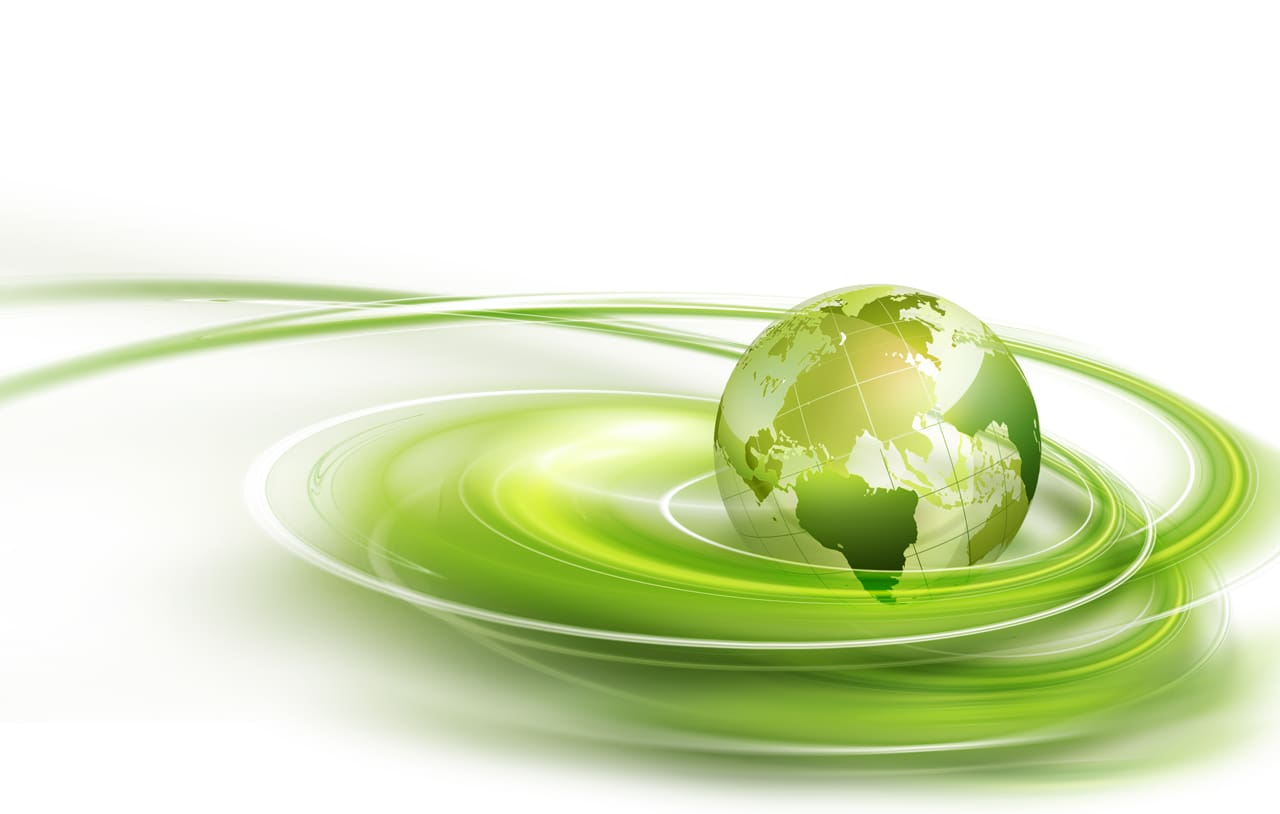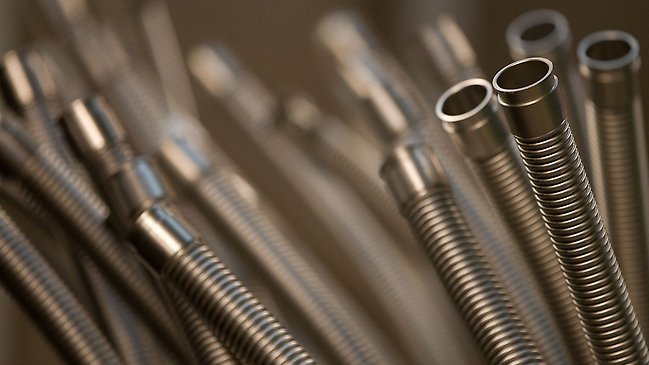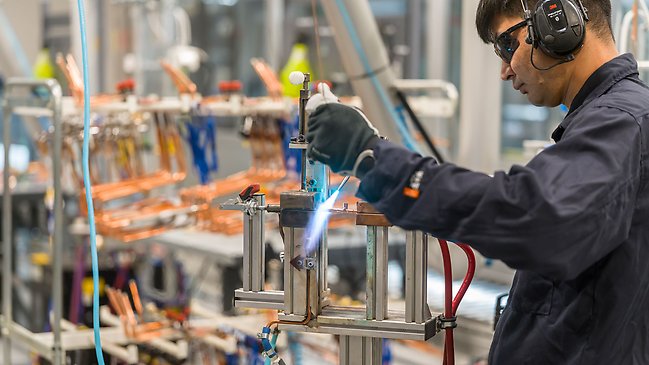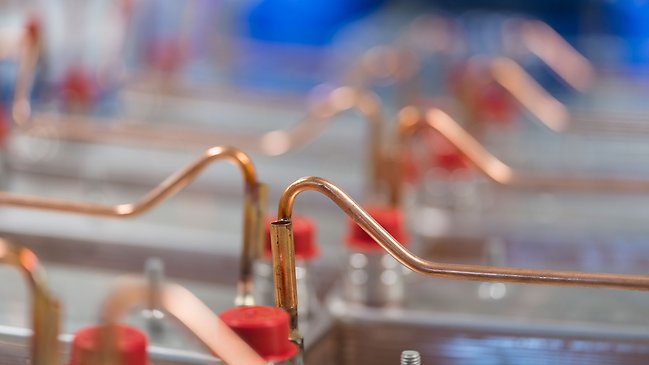E - Environment information
E 1 - Climate change
Impact, risk or opportunity | Description | Time horizon |
|---|---|---|
CLIMATE CHANGE MITIGATION | ||
Actual negative | GHG emissions from NIBE’s value chain, for example in connection with upstream production of material and components, in NIBE’s own operations and during the use phase of NIBE’s products in connection with consumption of non-renewable energy in the use phase. | Short-,medium- and long-term |
Risk (R1) | Costs relating to carbon tax and GHG allowances rise due to changes in legal requirements (e.g. CBAM). This is expected to lead to increased purchase prices, higher taxes and potentially higher final prices to customers. | Medium- and long-term |
Opportunity (O1) | Increased demand for NIBE’s products as a result of increased focus on sustainability, higher energy prices (incl. oil and gas prices) and increased energy efficiency requirements. This benefits products that are already energy-efficient today, such as heat pumps. | Short-,medium- and long-term |
Opportunity (O2) | Leading the way in the development of products with lower GHG emissions. Having highly skilled employees creates opportunities to refine existing products and develop new products. Potential areas are circularity, material selection and energy efficiency. | Medium- and long-term |
CLIMATE CHANGE ADAPTATION | ||
Risk (R2) | Increased heat and water stress with the impact that it becomes impossible to run the affected operation in the current location. The likelihood of the risk occurring is assessed as low but the cost if it occurs is relatively high. | Medium- and long-term |
ENERGY | ||
Actual negative impact | NIBE and some suppliers use a relatively large proportion of non-renewable energy. | Short-,medium- and long-term |
Actual positive impact | NIBE’s products contribute to reduced energy consumption and thus to reduced emissions. | Short-,medium- and long-term |
Opportunity (O3) | Opportunity to broaden the energy-efficient product portfolio by developing the product portfolios of existing companies and through acquisitions. This gives us an opportunity to reach more customer groups and market segments. | Medium- and long-term |
E 2 - Pollution
Impact, risk or opportunity | Description | Time horizon |
|---|---|---|
SUBSTANCES OF CONCERN AND |
| |
Risk (R3) | Prohibitions or stricter requirements regarding substances that impact our choice of material may entail increased development and material costs. | Medium- and long-term |
E 3 - Water and marine resourses
Impact, risk or opportunity | Material | Description | Time horizon |
|---|---|---|---|
WATER | |||
Actual negative impact |
• Water consumption • Water withdrawals • Water discharges
| NIBE has subsidiaries that have water use and freshwater withdrawals in water stress areas. | Short-, medium- and long-term |
E 5 Resource use and circular economy
Impact, risk or opportunity | Description | Time horizon |
|---|---|---|
RESOURCE INFLOWS AND RESOURCE USE | ||
Actual negative impact | ||
RESOURCE OUTFLOWS RELATED TO PRODUCTS AND SERVICES | NIBE and its subsidiaries use virgin resources. | Short-, medium- and long-term |
Actual negative impact | ||
WASTE | Our products are sold in a global market and many of them have long lives. Some of the materials and components from our products are probably not recycled as well as they could be. | Short-, medium- and long-term |
Actual negative impact | Some of our waste is sent to landfill without being recycled. The waste generated also includes some hazardous waste. | Short-, medium- and long-term |
Potential | Waste in the value chain is not recycled. | Short-, medium- and long-term |



